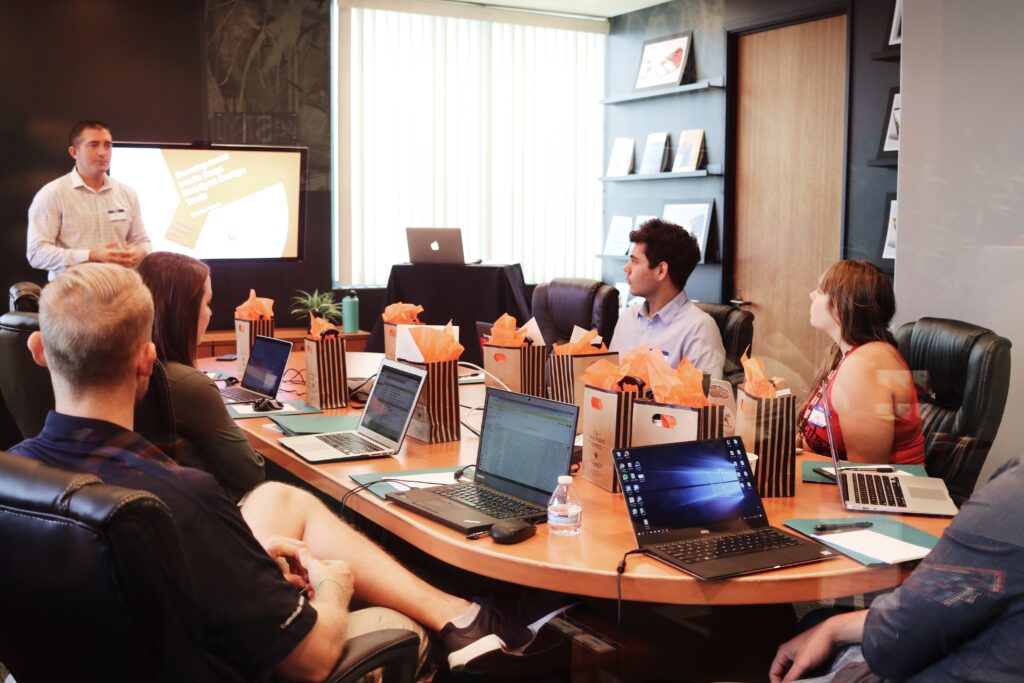Embrace the Shift: Becoming a Mindful Business Leader
Welcome, fellow trailblazers, to a journey of transformation and enlightenment—a journey that will redefine the way you perceive and practice business leadership. In a world where chaos and uncertainty often reign supreme, there emerges a beacon of light—a path towards mindful business practices that honor the interconnectedness of all beings and the power of presence and purpose.
The Top 10 Distinctions for Shifting to a Mindful Business Leaders offer a roadmap for navigating this terrain of inner and outer transformation. It beckons you to embark on a journey of self-discovery, growth, and evolution—a journey that will not only elevate your leadership prowess but also enrich your life and the lives of those you touch.
As top producing service providers, business leaders, and executives, you are accustomed to pushing the boundaries of possibility and achieving remarkable feats of success. Yet, amidst the relentless pursuit of profit and progress, have you ever paused to consider the deeper dimensions of your leadership—the subtle nuances that lie beneath the surface of strategy and performance?
The Top 10 Distinctions present an opportunity—a challenge—to shift your perspective, expand your consciousness, and embrace a new way of leading and living. It is a call to action—a call to step out of the confines of conventional thinking and into the realm of mindful awareness and compassionate action.
But make no mistake—this journey is not for the faint of heart. It requires courage, commitment, and a willingness to confront your fears and limitations head-on. It demands that you relinquish outdated beliefs and behaviors that no longer serve you or your organization. It invites you to step into the fullness of your potential as a leader and as a human being.
Are you ready to embrace the shift? Are you ready to challenge the status quo and commit to making the necessary shifts in mindset and behavior? The path ahead may be arduous, but it is also immensely rewarding—a journey of self-discovery, empowerment, and profound impact.
So, I invite you, fellow leaders, to take a leap of faith—to commit to becoming a mindful business leader and to chart a course towards a future where business is not just about profits and performance but about purpose and presence—a future that begins with each and every one of us.
Top 10 Distinctions for Shifting to a Mindful Business Leader
1. Awareness of the Present Moment: Understanding that success is not just about future goals but also about being fully present in each moment of the business journey. Recognizing the power of now in decision-making and problem-solving.
2. Emotional Intelligence: Grasping the importance of understanding and managing emotions, both within oneself and among team members. Recognizing how emotional intelligence enhances leadership effectiveness and fosters a positive work environment.
3. Purpose-driven Leadership: Shifting from a solely profit-driven mindset to leading with a clear sense of purpose and values. Understanding how aligning business goals with meaningful purpose enhances motivation and engagement.
4. Compassionate Communication: Embracing the practice of compassionate and mindful communication, which fosters trust, collaboration, and understanding among team members. Recognizing the impact of communication styles on organizational culture and outcomes.
5. Resilience in Adversity: Understanding that setbacks and challenges are inevitable in business, but how one responds to them can make all the difference. Cultivating resilience through mindfulness practices to bounce back stronger from adversity.
6. Balanced Decision-making: Recognizing the importance of balancing analytical thinking with intuitive wisdom in decision-making processes. Understanding that mindfulness can enhance clarity and discernment in complex situations.
7. Authentic Leadership: Embracing authenticity and vulnerability as strengths in leadership. Understanding that being genuine and transparent fosters trust and connection with team members and stakeholders.
8. Cultivating Presence: Grasping the significance of cultivating presence in leadership and business interactions. Understanding how being fully present in meetings, negotiations, and day-to-day interactions can lead to deeper connections and better outcomes.
9. Sustainable Success: Shifting from a short-term focus on immediate results to a long-term perspective that prioritizes sustainability and well-being. Understanding that mindful business practices not only drive success but also contribute to a thriving ecosystem.
10. Continuous Learning and Growth: Embracing a growth mindset and a commitment to lifelong learning. Recognizing that mindfulness is not a destination but a journey of self-discovery and growth as a leader and as a human being.
By grasping these distinctions and integrating mindfulness into their leadership approach, business leaders can foster a culture of innovation, resilience, and well-being that leads to sustainable success for themselves and their organizations.






